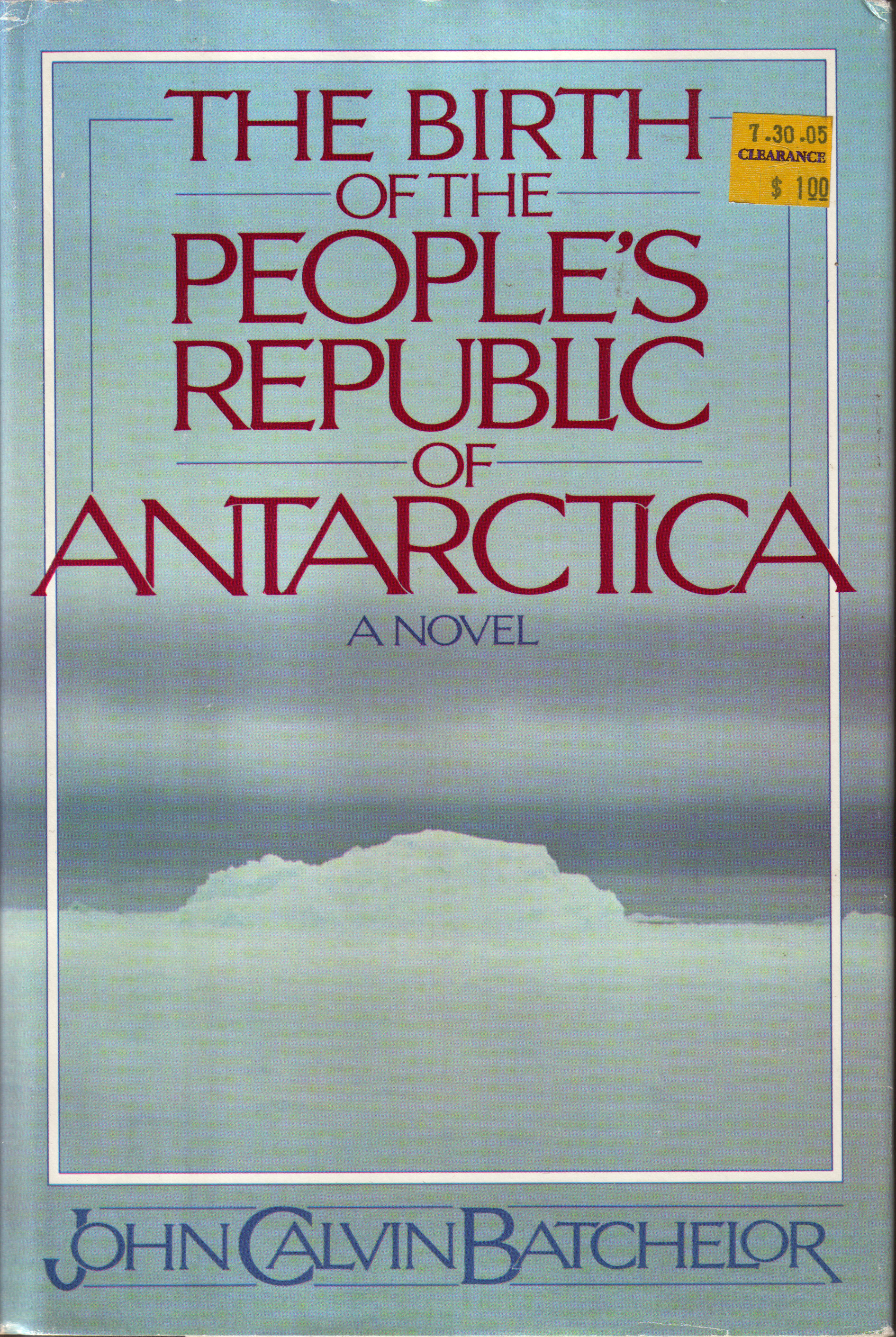The book tells the strange story of Grim Fiddle, born in Sweden, and of his father, Peregrine, an American who escaped the U.S. war in Vietnam and is illegal in Sweden. Grim grows up around Peregrine's friends who take care of him, but things in Sweden get complicated, because Peregrine is imprisoned and becomes the symbol of a xenophobic nationalist revolt led by Mord Fiddle, the grandfather of Grim. Eventually, Grim, his grandfather and his friends are aimed at a sea voyage in the midst of a cruel, even mysterious war that shakes Europe and the adventure takes them to the Falkland Islands, then to South Georgia and the Antarctic Peninsula finally ...
Told in first person by an old Grim who recounts his memories, and talks about war crimes he committed, the novel creates an atmosphere of condemnation and guilt, and is full of philosophical reflections on human nature, the relationship between the powerful nations, poor nations and the relations of war.
Classification? Future social history sci-fi, maybe. with the emphasison the sociology of a world involved in a war that is almost a worldwide phenomenon. "Norse saga" or "epic" could also be applicable categorizations.
There are two distinct parts. In the first, which occupies almost all the book, deals with the long drift to the ice and the exile of Grim Fiddle. In the second part, it suggests vaguely historical events in the background. Western governments, concerned about the unstoppable wave of refugees and the problems that can cause, organize what is called the Cross of Ice, which is responsible to set up camps for resettlement in the Antarctic Circle which are reality nothing more than concentration camps where refugees are expected to stay away from civilization.
 |
| John Calvin Batchelor Show at the radio |
Surprisingly, the People's Republic of Antarctica has been finally founded in Aug. 18th of 2010 by the citizens of Antarctica (the Mary Byrd Land section). Although the country claims land amounting to an area greater than that of most nations, it is not recognised by other countries as of yet, however the United Nations has been notified of it's declaration of status. The Nation has no permanent population, and can thus be considered a micronation.

No comments:
Post a Comment